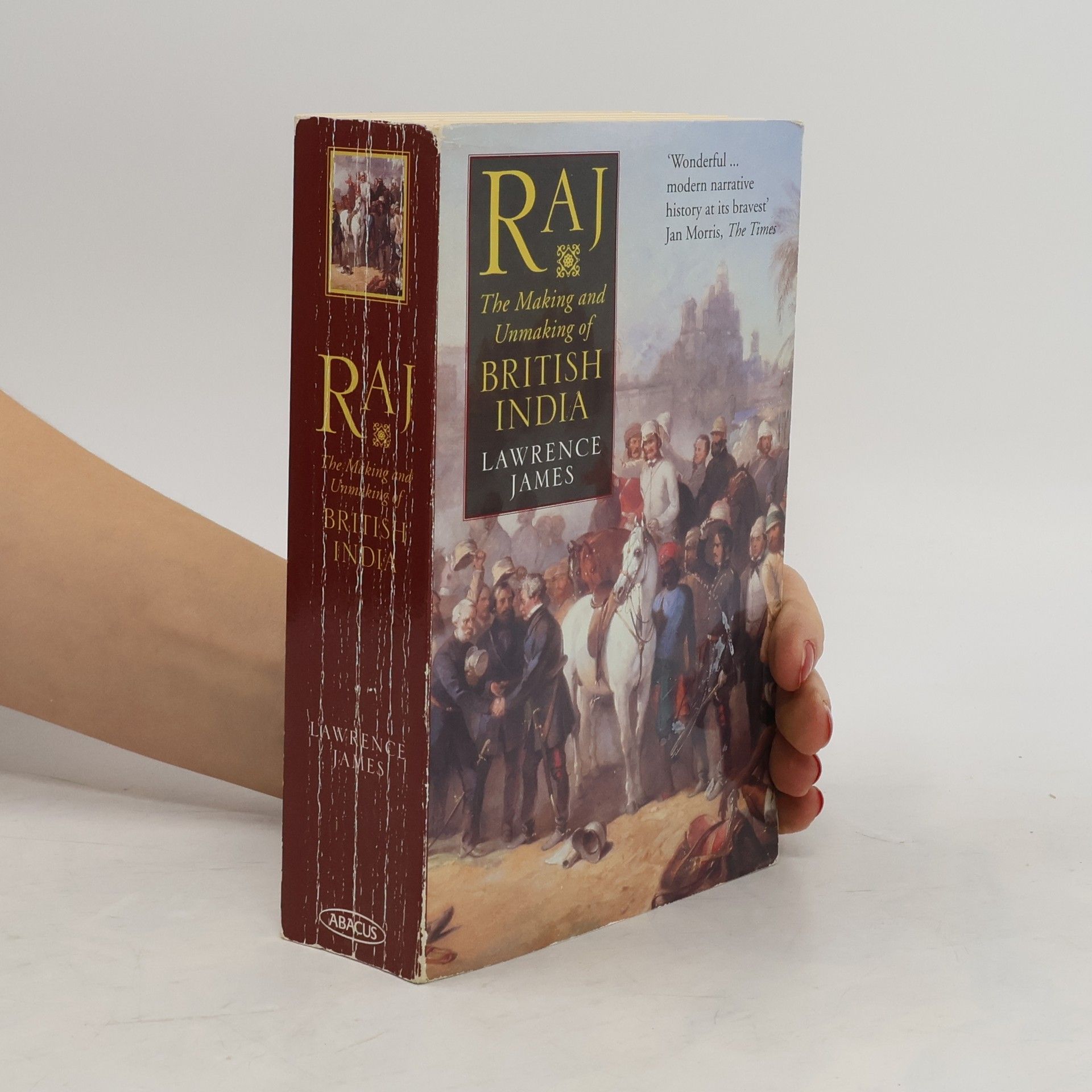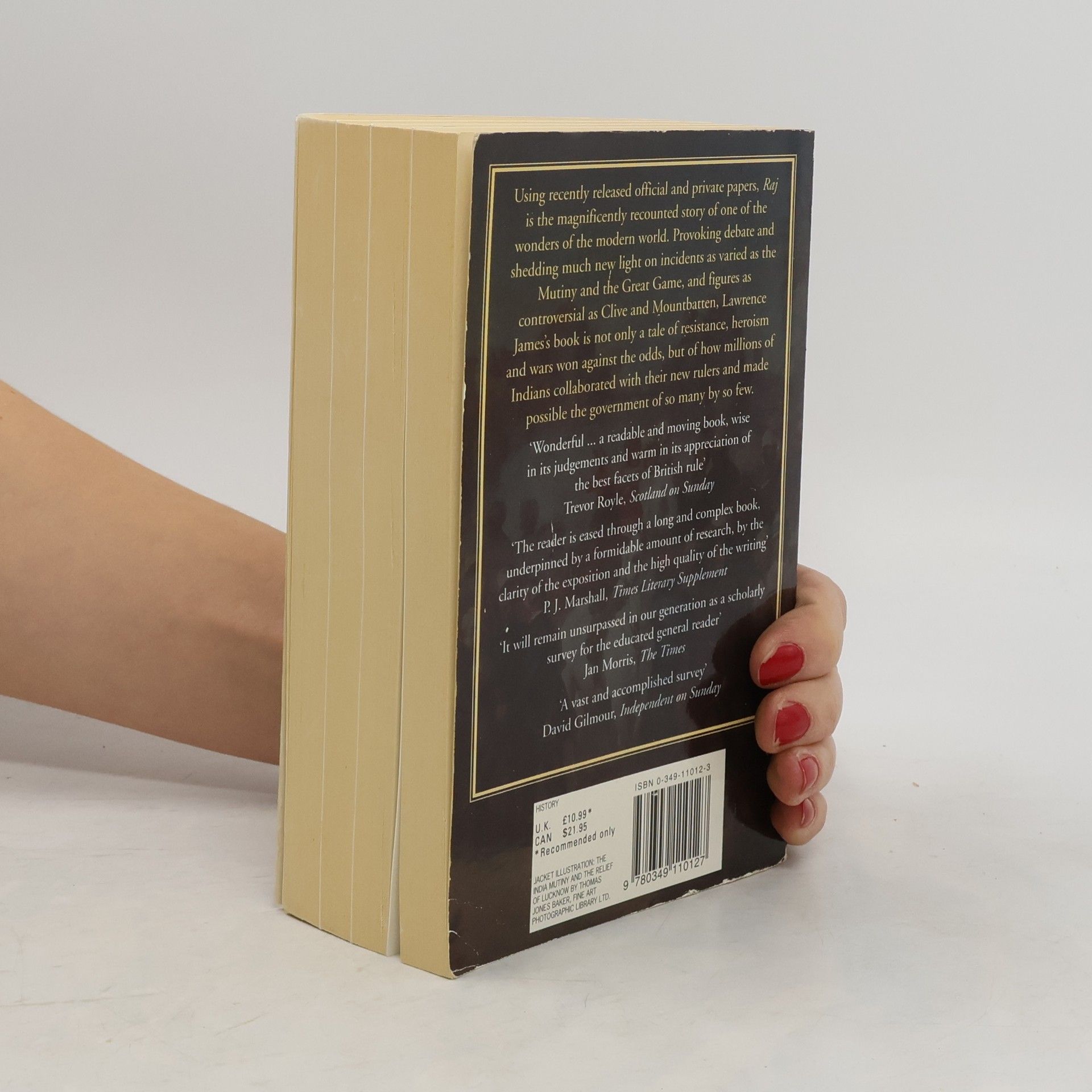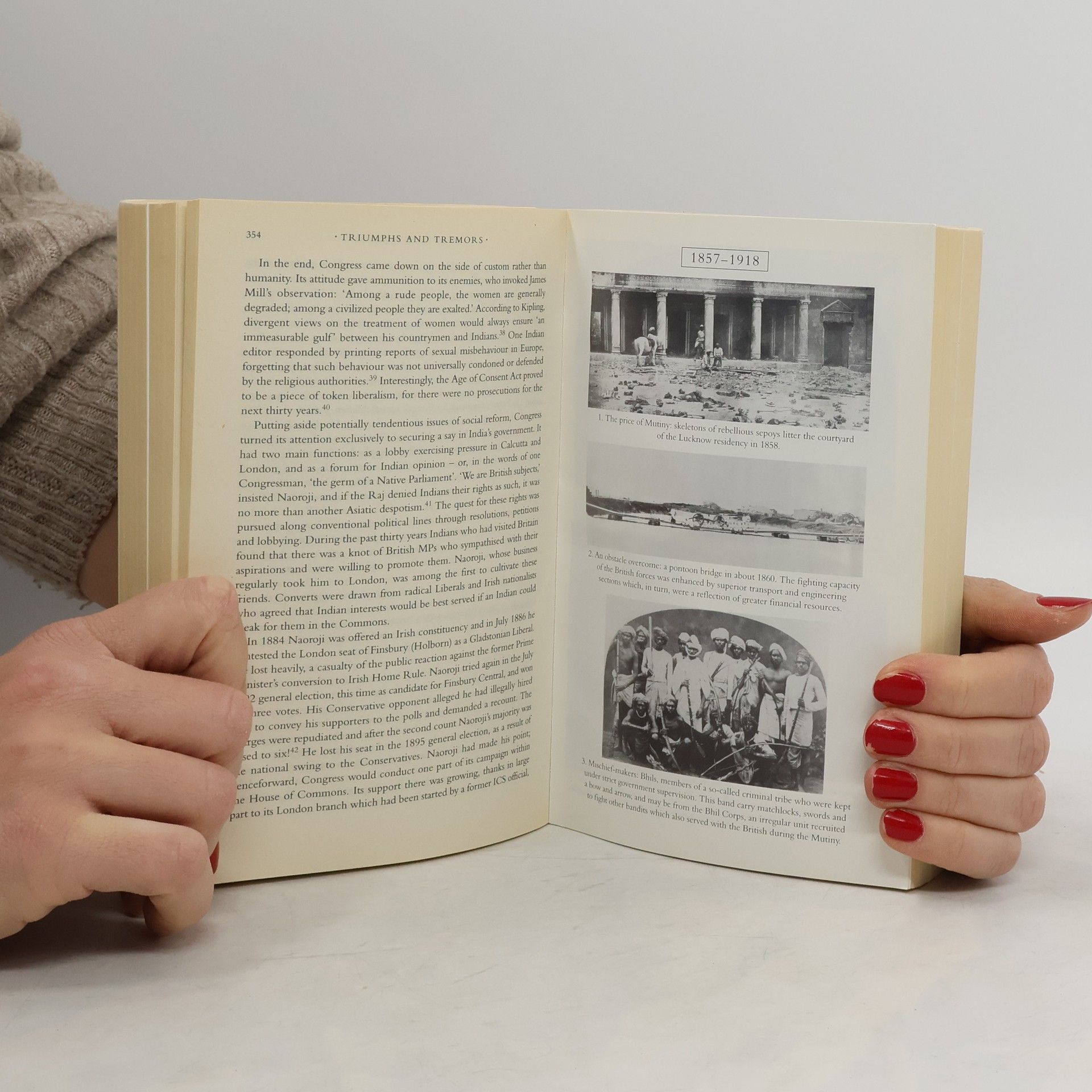Parameters
- Pages
- 737 pages
- Reading time
- 26 hours
More about the book
This is the brilliantly told story of one of the wonders of the modern world - how in less than a hundred years the British made themselves masters of India. They ruled it for another hundred, departing in 1947, leaving behind the independent states of India and Pakistan. British rule taught Indians to see themselves as Indians and its benefits included railways, hospitals, law and a universal language. But the Raj, outwardly so monolithic and magnificent, was always precarious. Its masters knew that it rested ultimately on the goodwill of Indians. This is a new look at a subject rich in incident and character; the India of the Raj was that of Clive, Kipling, Curzon and Gandhi and a host of lesser known others. RAJ will provoke debate, for it sheds new light on Mountbatten and the events of 1946-47 which ended an exercise in benign autocracy and an experiment in altruism.
Book purchase
Raj. The making of British India, Lawrence James
- Language
- Released
- 2012
- product-detail.submit-box.info.binding
- (Paperback)
Payment methods
We’re missing your review here.


